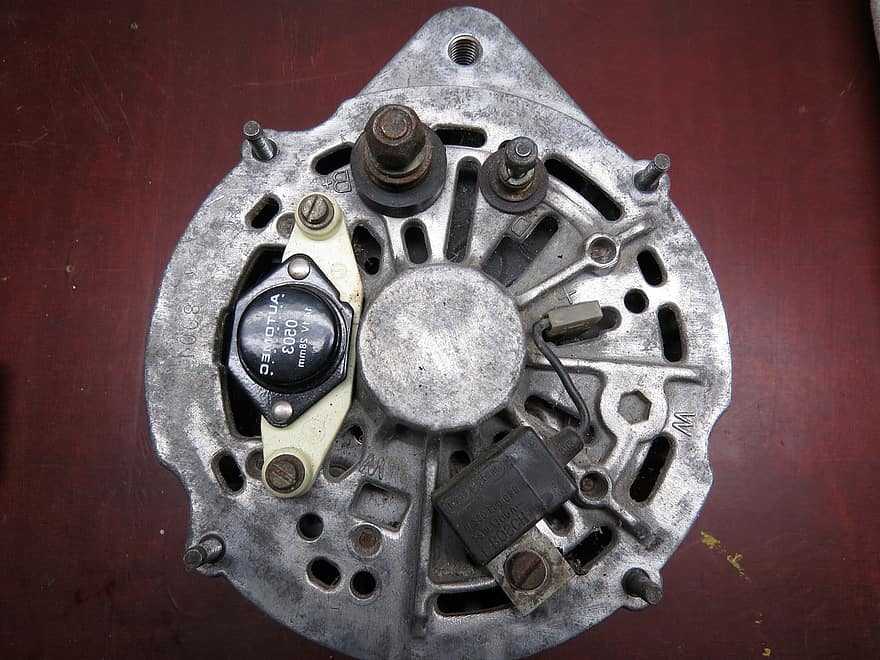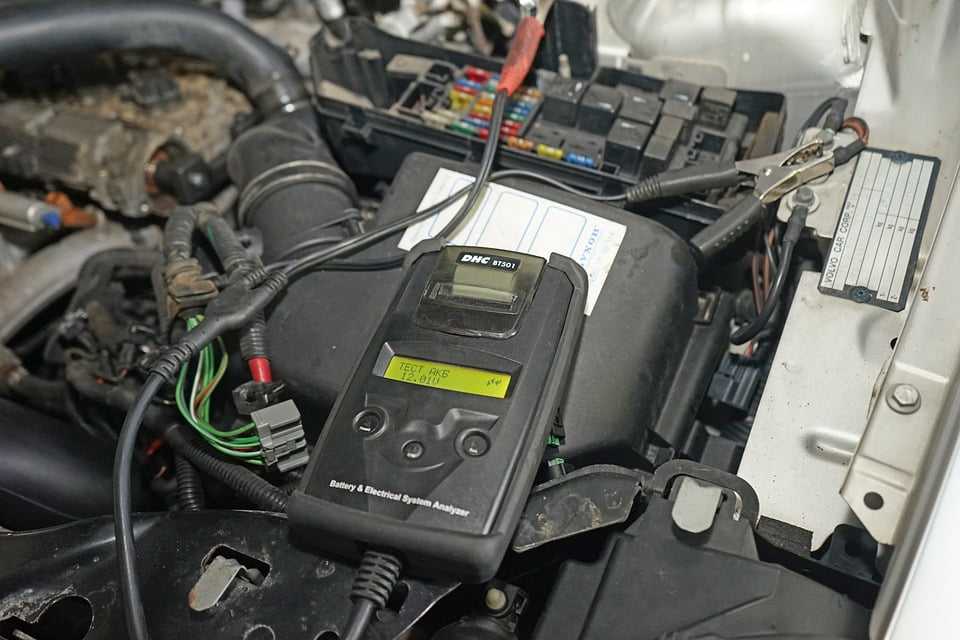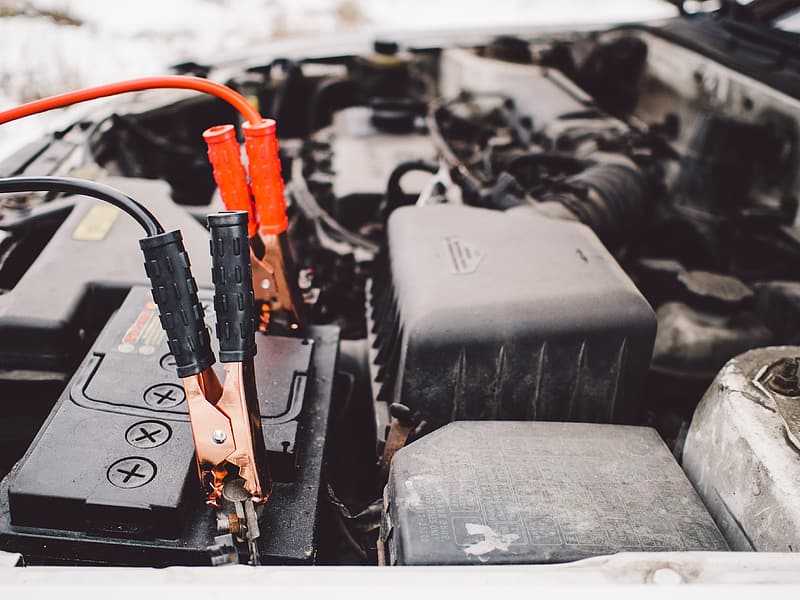Is your car battery power dropping unduly? There could be several reasons for a car battery won’t hold charge. It could be a damaged alternator or parasite power drainage that you are yet to figure out. Let’s find out what is wrong with your car battery.
Contents
Reasons Your Car Battery Won’t Hold Charge
A car battery won’t stay charged and running-down continually is indicative of something going wrong inside the battery or a component it’s connected getting damaged. How do you know it’s a bad battery or a problem with an external part?
Here are the common reasons for car batteries not holding charge:
A Broken Alternator
Jumpstarting does not work every time. On some occasions, a car battery won’t hold charge after jump because of defective internal parts. Failed alternators could be another reason for a battery being unable to hold charge for long. When your car alternator is frayed or cracked, it fails to supply enough power to the battery unit.

How to detect a bad alternator? A bad alternator manifests through dimming lights in the dash; headlights getting brighter or dimmer by the rate of acceleration; rubber or wire burning smells; and rumbling noises from your vehicle. This is one of the common causes for your car battery won’t hold charge.
Parasitic Power Drainage
Some other equipment in your vehicle can cause draining battery power. For example, leaving the car lights on for the night will lead to a dead battery in the morning. Similarly, there are some other electrical devices, such as the clock, radio, a cigarette lighter, trunk lights, the alarm system, or something else in your vehicle that can cause quick discharge or high-parasitic battery draw.
How to Calculate the Parasitic Drainage
There are there ways to find out the rate of the battery getting drained. You can use an ammeter, voltmeter, or do a headlight testing.
Ammeter Testing
Turn the engine off and detach one of the battery cables. Grab an ammeter cable and attach it to the detached battery cable. Next, link the other ammeter cable to the battery.
Twenty-five milliamps or less are the normal current drainage rate. If the ammeter reading exceeds 25 milliamps, there must be some electrical issues that require further inspection. This is another way to figure out why car batteries not holding charge.
Headlight Testing
There’s another technique to determine if there’s parasitic drainage, causing the car battery won’t hold charge. You can go for a brief diagnosis by turning on the headlights of your car. If they don’t exude light with full brightness, that means you have a faulty battery.
SEE MORE
- Can You Charge a Car Battery Charger Through Cigarette Lighter?
- The Workings of a Lithium Ion Battery
Voltmeter Testing
You can use a voltmeter to confirm the current state a car battery is in. A voltmeter can gauge how much juice is left in the battery. A voltmeter has two color-coded leads. You need to put the red lead inside the positive terminal and black lead into the negative terminal of the battery.
The battery is fine if the volts are between 12.65 and 12.77. However, if the reading is lower than that, the battery needs to be examined by a professional mechanic.
Battery Age
Is your car battery older than 4 years or more? Does it look worn out? Some old battery units may struggle to hold charge for long.
Expert mechanics advise replacing a car battery that has been used for 4 to 6 years. The continuous corrosion and crackling wear out the battery over the years.
You will see this issue to occur in comparatively newer batteries as well. It happens particularly when a car is left unused for weeks. A long period of inactivity may damage car batteries.

A Problem in the Charging System
The car battery not charging with the charger when you are driving could be another reason. Earlier, we suggested using a voltmeter and you can use it in this situation too.
However, the readings will be different in this case. If it drops under 12 volts, you definitely have a discharged battery.
In the case of a discharged state, the problem lies with the charging system. Buy a high-quality charger and make sure it is compatible with the battery.
Final Thoughts
If your car battery won’t hold charge, dig into the reasons mentioned in this guide to find out the root of the problem. If you can’t figure out the troubling part or don’t have enough mechanical knowledge, call for professional help. An expert can figure something out to fix the problem with your car battery. Otherwise, a wrong diagnosis will cost you a lump sum in repair and may damage the perfectly healthy battery.



